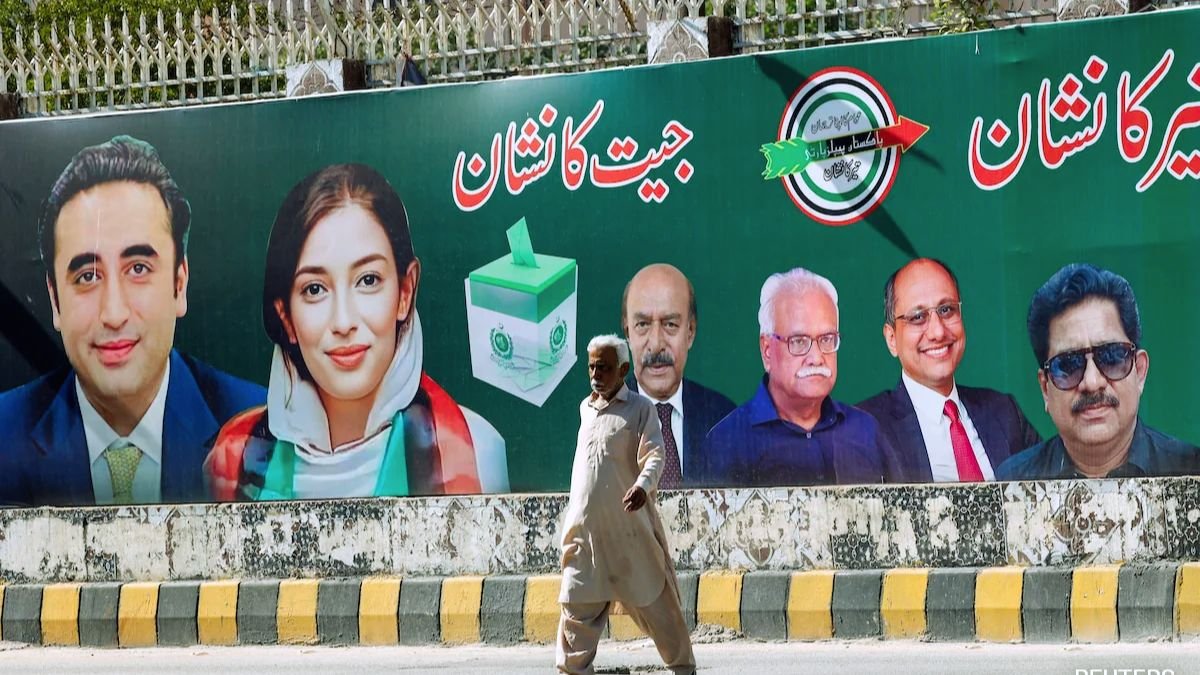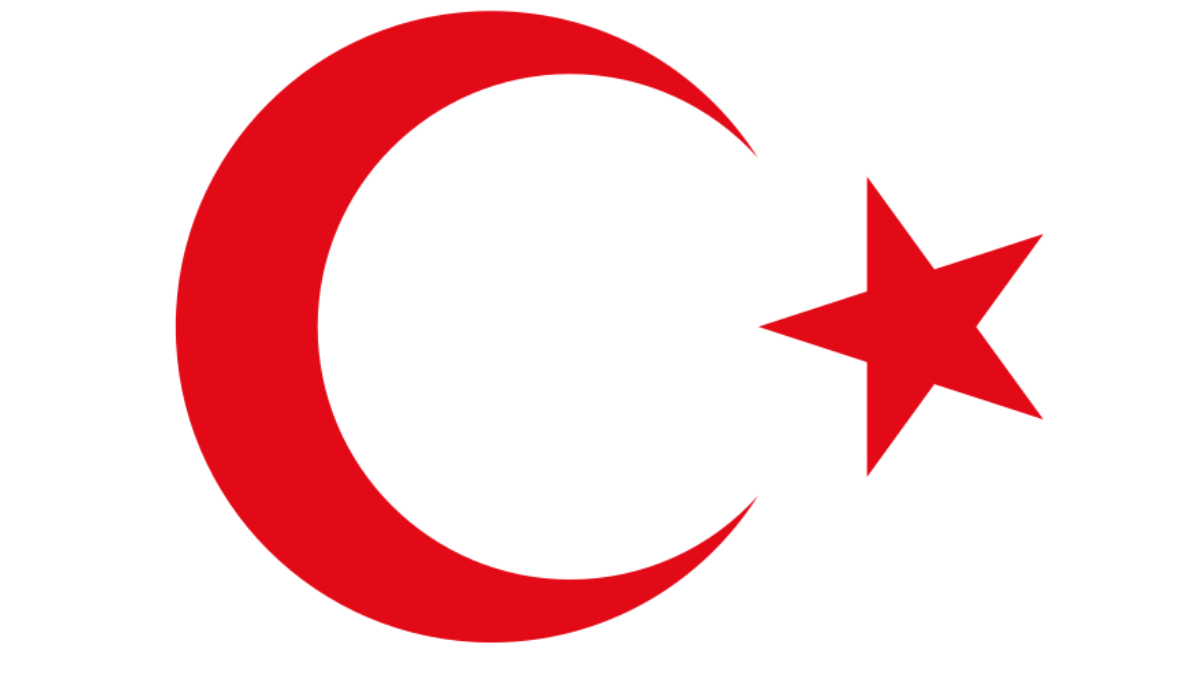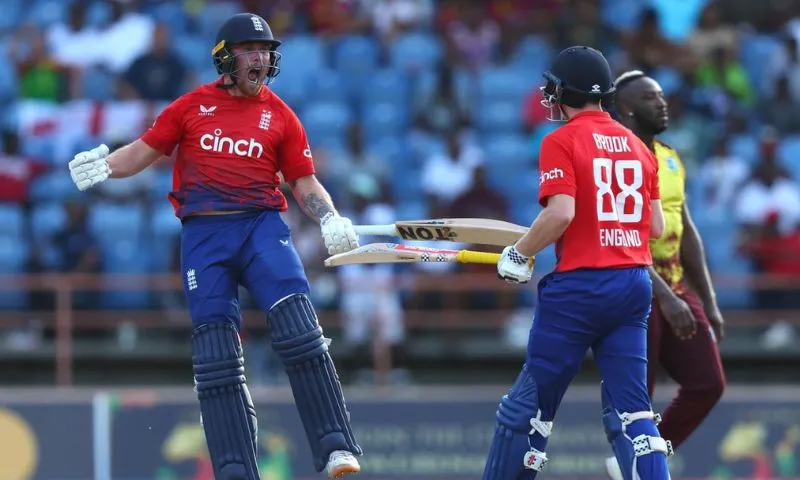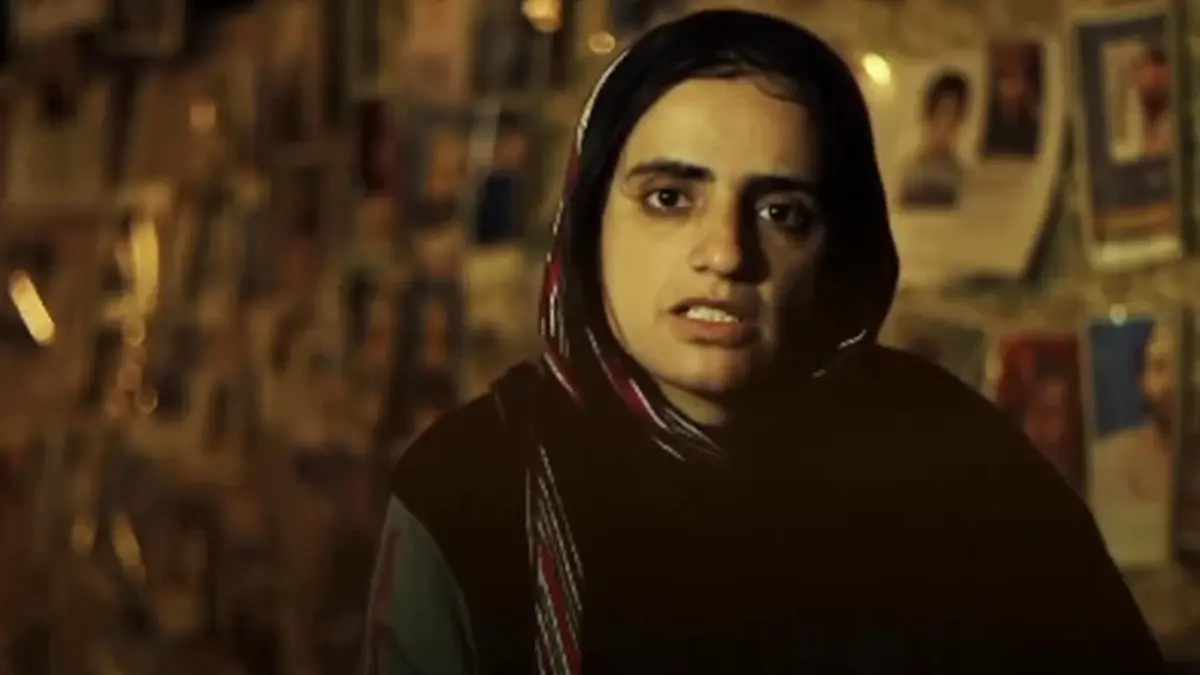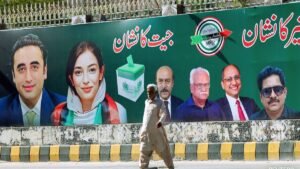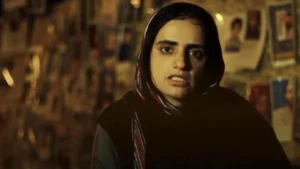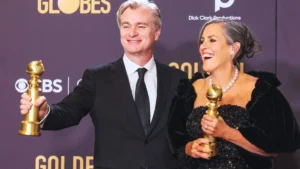Headline: Islamabad High Court Clears Nawaz Sharif in Al-Azizia Case, Opening Path for Political Comeback

In a significant development on Tuesday, the Islamabad High Court acquitted former Prime Minister Nawaz Sharif in the Al-Azizia reference, paving the way for his potential return to politics.
A division bench, headed by IHC Chief Justice Aamer Farooq, delivered the verdict after arguments from both the defense and prosecution were presented. The decision follows Sharif’s earlier acquittal in the Avenfield reference on November 29.
Despite this legal victory, Nawaz Sharif still faces a major hurdle—his lifetime disqualification as a parliamentarian in the Panama Papers case, imposed by the Supreme Court. This remains the only obstacle preventing the three-time prime minister from participating in the upcoming general elections scheduled for February 8 next year.
In 2018, an accountability court sentenced Sharif to seven years in prison in the Al-Azizia Steel Mills case and imposed a fine of 2.5 million pounds. Sharif contested the decision, challenging both the imprisonment and the fine.
The Panama Papers case, which led to Sharif’s disqualification in 2017, revealed that his children owned offshore companies and assets not disclosed in the family’s wealth statement. The Supreme Court directed the National Accountability Bureau (NAB) to initiate proceedings based on corruption allegations.
Despite his recent acquittals, Nawaz Sharif remains unable to hold public office due to the lifetime disqualification in the Panama Papers case. The political landscape awaits further developments as Sharif considers a return to the political arena.
During the court proceedings, Sharif’s counsel argued that the trial court had relied on miscellaneous applications and speeches, none of which proved Sharif’s ownership of the assets. The defense emphasized the lack of clear and logical proof of ownership.
The NAB prosecutor, however, maintained that the references were filed on the directives of the top court, and evidence collected during the JIT investigation had been attached. The chief justice pressed the prosecutor to present concrete evidence connecting Sharif to the alleged assets.
In the end, after both sides concluded their arguments, the court reserved judgment and ultimately absolved Nawaz Sharif of charges, marking a significant legal development in his political journey.


